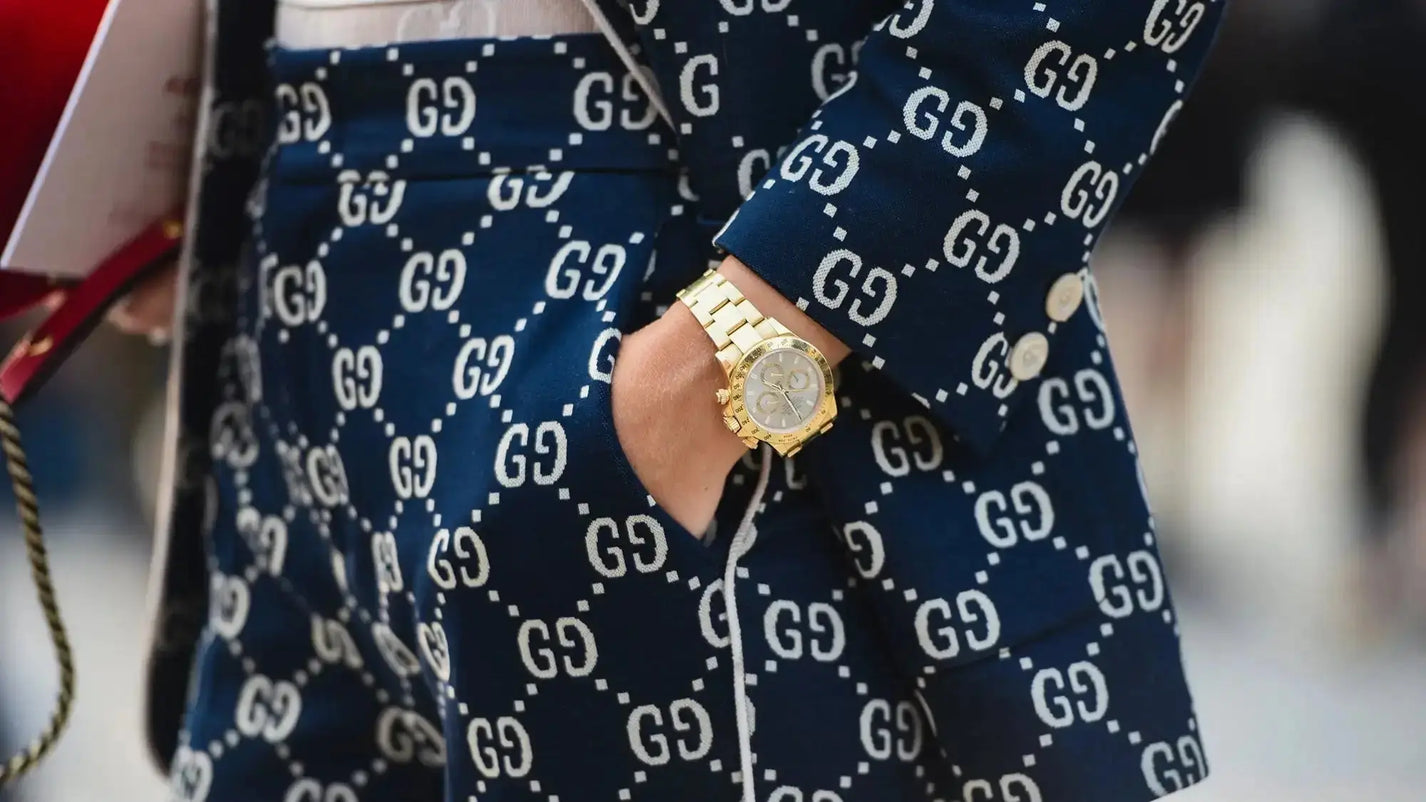
The Psychology Behind Luxury Shopping: Why We Buy Designer Goods
Luxury fashion has always been more than just clothing, bags, and accessories—it’s a statement of identity, status, and personal taste. But what drives people to spend thousands on designer items? Is it purely about quality, or is there something deeper at play? Let’s explore the psychology behind luxury shopping and why we are drawn to high-end brands.
1. The Desire for Exclusivity
One of the key psychological triggers behind luxury shopping is exclusivity. Owning a rare or limited-edition designer piece creates a sense of uniqueness and status. High-end brands deliberately produce limited quantities of certain collections, making them even more desirable. The scarcity effect makes consumers feel privileged to own something that few others can.
Example: Hermès’ Birkin bags are notoriously difficult to obtain, and the waiting list only makes them more desirable.
2. Status Symbol & Social Recognition
Luxury items serve as status symbols, signaling success, wealth, or social standing. Psychologists call this conspicuous consumption—where people buy expensive goods to showcase their financial power. In many cultures, luxury fashion is associated with prestige, making it a powerful tool for social recognition.
Example: Wearing a Rolex or carrying a Chanel bag instantly conveys affluence, even without saying a word.
3. The Emotional Connection to Luxury
Luxury brands don’t just sell products—they sell an experience and emotion. Buying a high-end item often brings a sense of accomplishment, self-reward, or nostalgia. Some shoppers associate luxury with milestones, such as celebrating a promotion, a wedding, or a personal achievement.
Example: Someone might buy their first Louis Vuitton bag after landing their dream job as a reward for their hard work.
4. The Allure of Craftsmanship & Quality
While psychology plays a major role, luxury shopping isn’t just about image—it’s also about exceptional quality. Luxury brands invest in superior materials, handcrafting, and timeless designs that ensure longevity. Consumers justify the high price as an investment in durability and craftsmanship.
Example: A well-made Burberry trench coat or a pair of Loro Piana cashmere pants can last decades, making them more cost-effective in the long run.
5. The Influence of Branding & Marketing
Luxury brands master the art of storytelling and perception. Through high-profile celebrity endorsements, iconic logos, and aspirational advertising, they create an emotional connection with consumers. When we see our favorite influencers or celebrities wearing designer pieces, it reinforces the idea that luxury is desirable and worth investing in.
Example: Dior’s collaborations with global ambassadors like Jisoo from BLACKPINK or Louis Vuitton’s partnership with Zendaya boost their brand image and desirability.
6. Dopamine & the Shopping High
There’s a reason why shopping feels so satisfying—it’s all about dopamine, the brain’s “feel-good” chemical. Studies show that anticipating a luxury purchase activates the brain’s reward center, making us feel excited and happy. The thrill of unboxing a new designer item adds to this psychological pleasure.
Example: The rush of buying a coveted handbag or walking out of a luxury boutique with a shopping bag gives a sense of euphoria and satisfaction.
7. The Need for Identity & Self-Expression
Luxury fashion allows people to express individuality and personal style. A Balenciaga sneaker wearer might want to showcase a bold, streetwear-inspired persona, while someone in a classic Saint Laurent blazer may prefer an elegant, timeless aesthetic. Designer goods give people a way to curate their image.
Example: A person who buys Bottega Veneta’s minimalist, logo-free handbags may want to express quiet luxury rather than overt branding.
Final Thoughts: The Power of Perception
At its core, luxury shopping is deeply psychological—it taps into our desires for exclusivity, status, self-expression, and emotional gratification. Whether it’s the thrill of owning something rare, the craftsmanship behind it, or the social recognition it brings, luxury fashion goes beyond just materialism—it’s a reflection of human psychology and aspiration.










